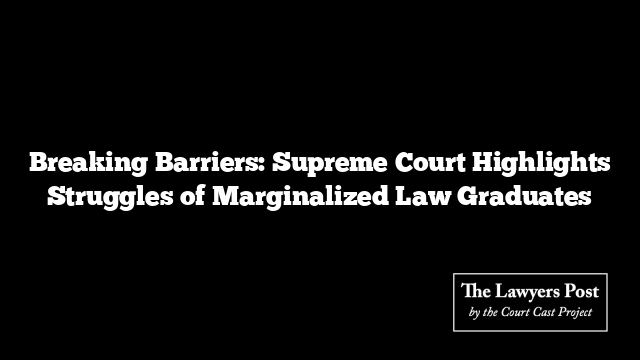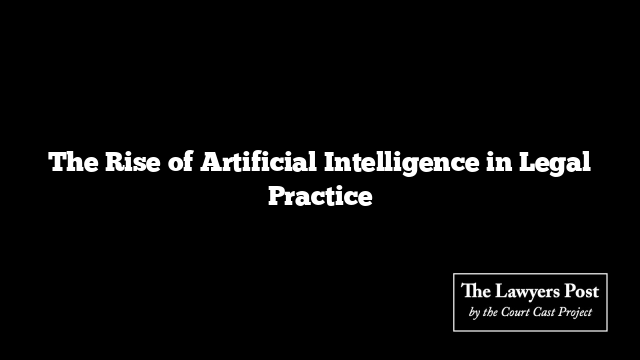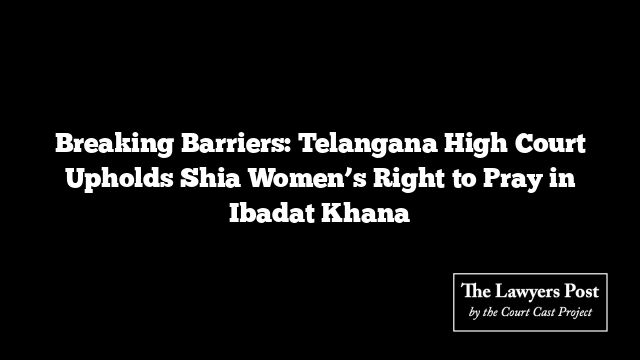The Supreme Court has thrown a spotlight on the challenges faced by first-generation lawyers and law graduates from marginalized backgrounds who don’t hail from National Law Universities (NLUs). In a recent ruling, the Court underscored how these individuals grapple with acceptance in senior lawyers’ chambers and law firms, citing excessive enrolment fees as a significant barrier.
The bench, led by Chief Justice of India (CJI) DY Chandrachud and Justice JB Pardiwala, pointed out that these financial burdens often deter talented but economically disadvantaged graduates from entering the legal profession. They noted that young lawyers typically earn between ₹10,000 and ₹50,000 monthly, varying by location and the chambers they join. However, the high costs associated with enrolment can be prohibitive, particularly for those from economically weaker sections.
A troubling aspect highlighted by the Court is the impact of social capital and networks on career progression in the legal field. The lack of these connections often leaves lawyers from marginalized communities at a disadvantage, both in securing positions in prestigious chambers and in attracting clients. The Court emphasized that this systemic bias contributes to the ongoing marginalization of certain groups within the legal profession.
Moreover, the Court criticized the current enrolment fee structure set by various State Bar Councils and the Bar Council of India (BCI). They found that these fees often exceed the statutory limits, further exacerbating the challenges faced by graduates from marginalized communities. For instance, in Maharashtra and Goa, the fee for general candidates is ₹15,000, while SC/ST candidates pay ₹14,500—both amounts significantly higher than the prescribed limits.
The Supreme Court urged the BCI and State Bar Councils to align the enrolment fees with the guidelines set by the Advocates Act. The Court also called for greater representation of marginalized communities in the legal field, arguing that this diversity would enhance trust in the legal system and improve access to legal aid for underserved populations.
In its ruling, the Court reiterated that the right to practice law is a fundamental right under Article 19(1)(g) of the Constitution. The Court held that the imposition of exorbitant fees infringes upon this right, particularly for those from economically weaker sections. The judgment highlighted the need for a more inclusive legal profession, free from the barriers that currently hinder equal participation.





